Hello friends,
It’s a fresh joy, just now, to have light in the evenings again, as the dark half of the year gives way to the incoming tide of summer light.
Last week we had a welcome burst of cold, bright sunshine, the gift of whole days when the sky rang with light like a struck gong, and luminous evenings when I walked to the shore to watch the horizon blur through blue and bronze and red and indigo and all the nameless colours between.
I tried to observe the changing evening light, to watch the change itself, but it somehow seemed uncatchable. I’d suddenly notice something that had changed – how the horizon that had been pale orange was now a deeper red – but observing the change itself, in its slow unfolding, seemed impossible.
As the Orcadian film-maker and poet Margaret Tait wrote, in her poem ‘Now’:
I used to lie in wait to see the clover open
Or close,
But never saw it.
I was too impatient,
Or the movement is too subtle,
Imperceptible
And more than momentary.
My five-year-old self would tire of waiting
And when I looked again
– All closed for the night!
I missed it
Once more.
She writes of how her film-making seemed to help her to capture the passage of time:
It gave me a sharp awareness of time passing,
Of exact qualities and values in the light,
But I didn’t see the movement
As movement.
I didn’t with my own direct perception see the petals
moving.
Later, on the film, they seemed to open swiftly,
But, at the time,
Although I stared
And felt time not so much moving as being moved in
And felt
A unity of time and place with other times and places
Yet
I didn’t see the petals moving.
I didn’t see them opening.
They were closed,
And later they were open,
And in between I noted many phases,
But I didn’t see them moving open.
My timing and my rhythm could not observe the
rhythm of their opening.
[from Margaret Tait: poems, stories and writings, edited with an introduction by Sarah Neely (Carcanet Press, 2012), originally published in origins and elements (1959)]
We are poorly-equipped to notice such slow change. Our eyesight moves in ‘saccades’, capturing momentary snapshots that our brain edits together, like the frames of Tait’s film, to create a seamless perception.
As I walked home in the very last of the light, my neighbour’s sheep gathered to watch me. I stopped to watch them back. The distant lighthouse, like a shepherd’s lantern set among them, began its regular pulse of light. For long minutes, none of us moved, while the deep indigo of the sky slowly gave way to the oncoming night, offering a brief glory of deep bronze-red at the horizon. Finally, a car drove by, headlights dazzling, and broke the spell.
To stare, and ‘feel time not so much as moving as being moved in,’ as Tait did, we need a kind of patient attentiveness that’s not much called for in most of our lives. The technologies we live with are designed to pull and distract us, to hurry us along and keep us in a kind of semi-distracted shallowness. It takes effort to resist.
Pausing to watch the light drain from the evening sky, or a cloud drift by, or a shadow lengthen is an act of soft rebellion.*
Shannon Willis describes ‘soft rebellion’ as
…the mycelial strategy of weaving beneath the surface, unsettling rigid structures with slow, persistent entanglement. It does not meet violence with a mirrored fist but with the supple intelligence of the willow, bending just enough to redirect the force and send it spiraling elsewhere. Soft Rebellion is the way water carves stone—not through brute force but through patient insistence, through intimate knowledge of the cracks, through the whisper of time.
It knows that control is a brittle thing, and that softness—fluid, adaptable, decentralized—is far harder to extinguish than steel.
Soft rebellion moves through stories, through the slow embroidery of alternative worlds into the fabric of the present. It cultivates beauty in places of despair, weaving small sanctuaries of aliveness that offer refuge and reimagine what is possible. It disrupts through delight, through care, through humor that turns the blade of power back on itself. It does not fight on the battlefield chosen by the oppressor; it shifts the ground beneath their feet.
To rebel softly is to refuse to be reduced. It is to remain tender in a world that would harden you, to insist on connection where division is sown. It is to plant seeds in the ruins, knowing that even in the shadow of collapse, life finds a way to creep through the cracks and bloom.
The next day our more usual grey clouds returned and over the weekend gales battered the newly opened daffodils. The glamour of last week’s rich palette has faded. The light is soft and diffuse again, colours muted, hardly a shadow cast. It has its own quiet beauty, one that asks an interior quietness to meet it.
To return to the final stanza of Tait’s poem ‘Now’:
The thing about poetry is you have to keep doing it.
People have to keep making it.
The old stuff is no use
Once it’s old.
It comes out of the instant
And lasts for an instant.
Take it now
Quickly
Without water.There!
Tomorrow they’ll be something else.
This is the paradox of patience. We make and remake, every moment. And yet out of that endless remaking we find unexpected resilience, tenacity and strength.
* Many thanks to Life Raft regular Alison Churchill for sharing with me this text by Shannon Willis.
The Life Raft Co-Creating Community
Join us for our weekly creative co-working session on Zoom. It’s very simple. We just say hello at the start and say what we plan to work on and then leave our cameras on and work together in companionable silence. We start at 3pm UK time and finish around 4.30pm. Please note that if you arrive late and we’ve already begun work it disrupts the quiet focus, so do try and join us promptly or you won’t be admitted - sorry! I’ll share a recording to the paid subscriber chat.
That’s all for this week!
Sam
How deep is now?
it’s not just a question of slowing down, or of simply coming into presence, but of widening our temporal bandwidth, asking ourselves, how deep is now?


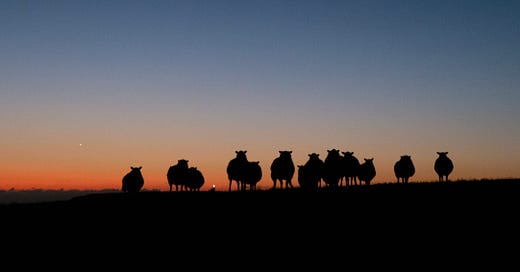


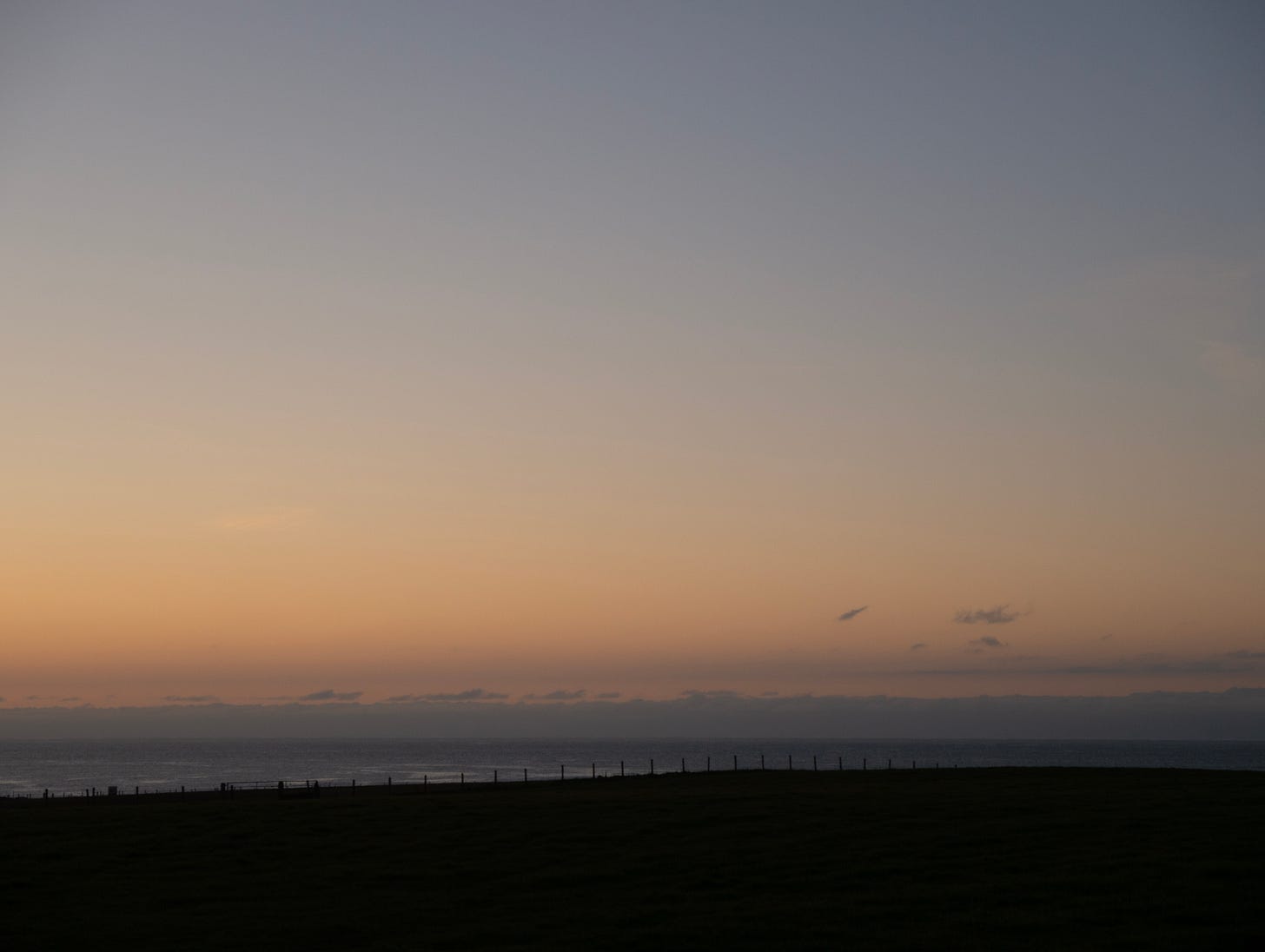
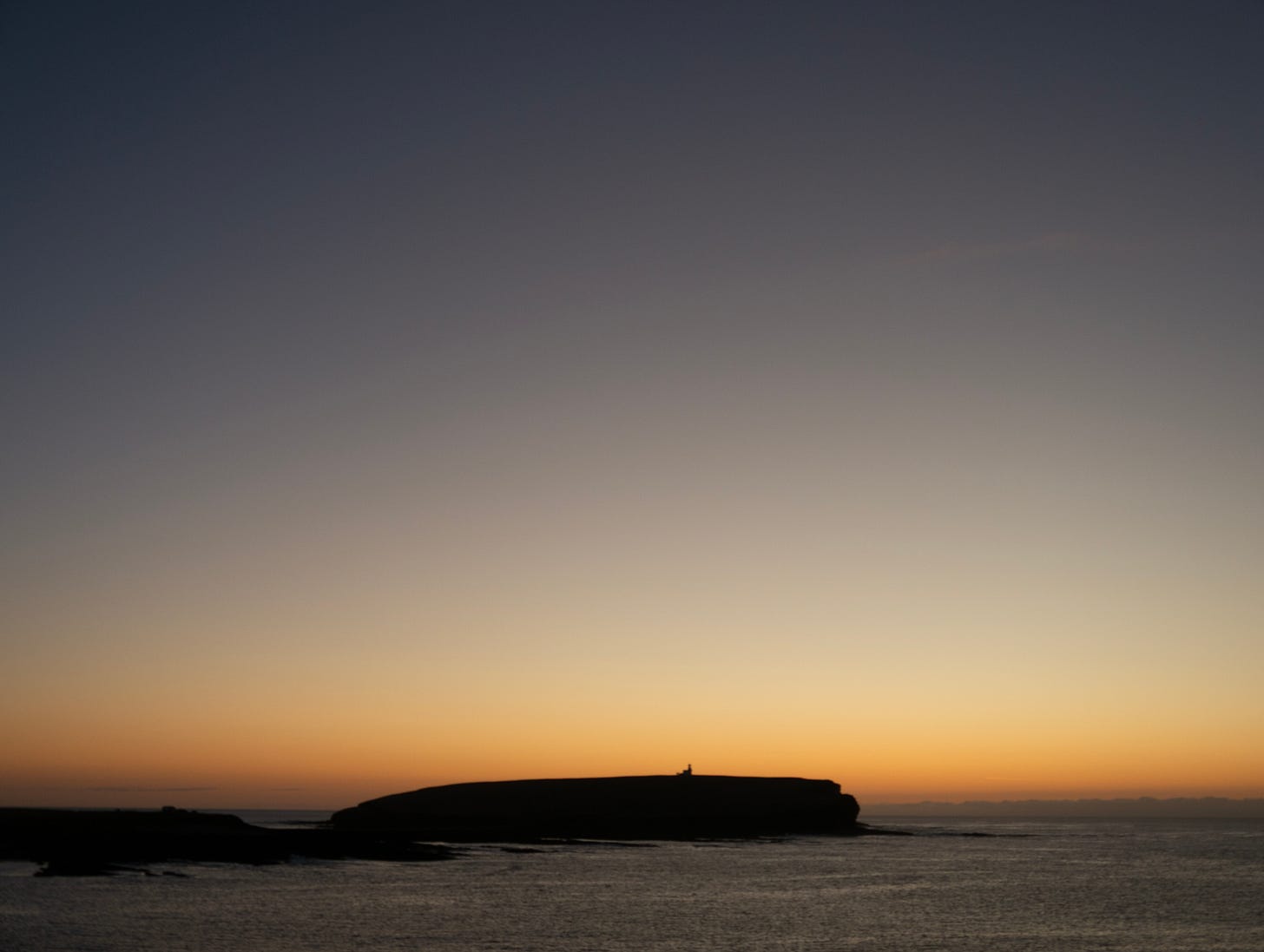
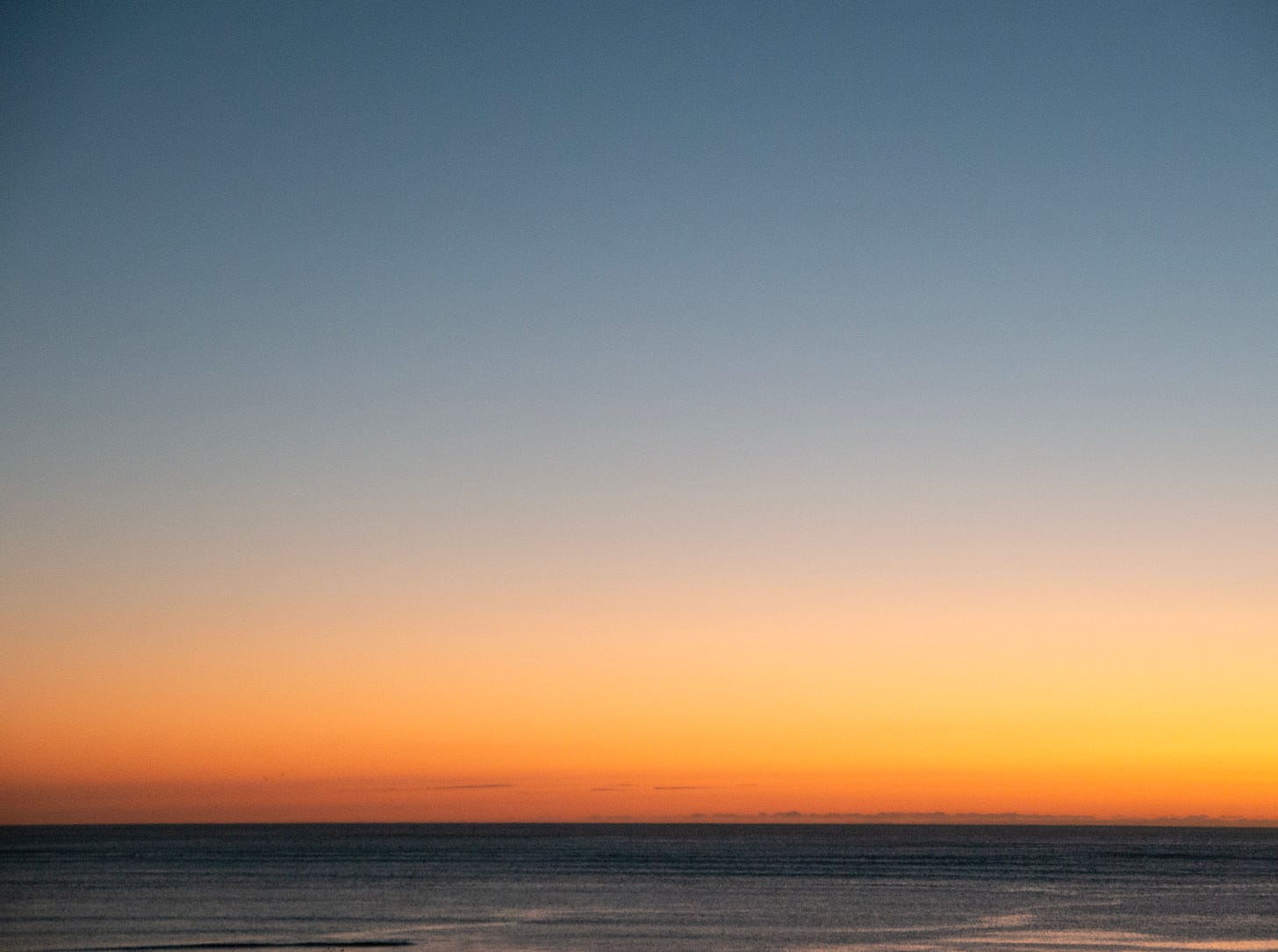

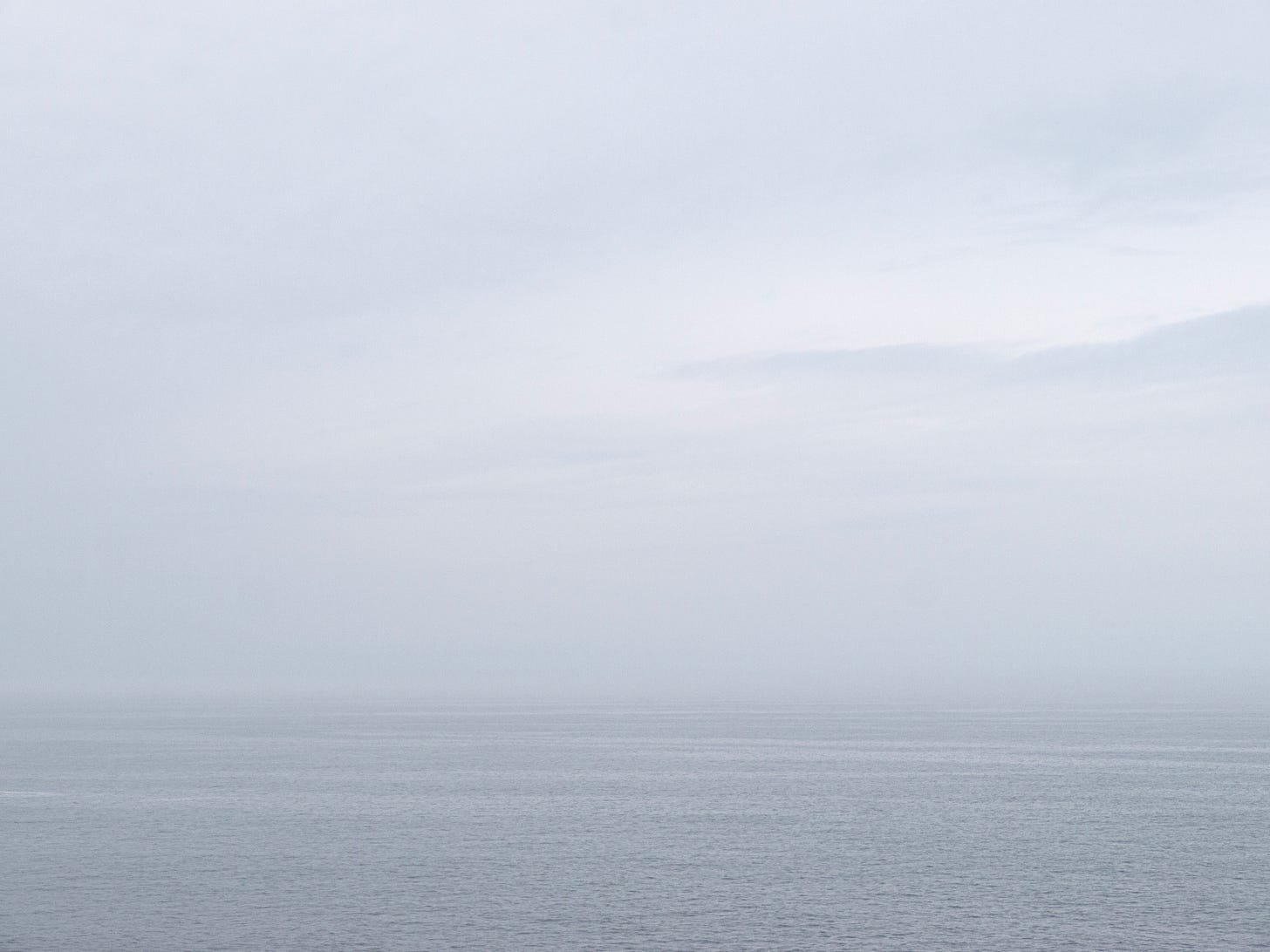


Beautiful, and will stay with me, especially perhaps this: “To stare, and ‘feel time not so much as moving as being moved in,’ as Tait did, we need a kind of patient attentiveness that’s not much called for in most of our lives.” I hadn’t really registered that line in the poem until you pulled it out, and it’s wonderful.
I was once blessed to be able to watch a jasmine flower opening in real time. It was evening. I was living in Cyprus. The air was balmy and, sitting in my pergola, my eye was captured by a slight quivering of one of the stalks. There was no wind to account for the movement. So I kept watching and quite magically the flower began to open, petal by petal. It did really feel like a blessing.